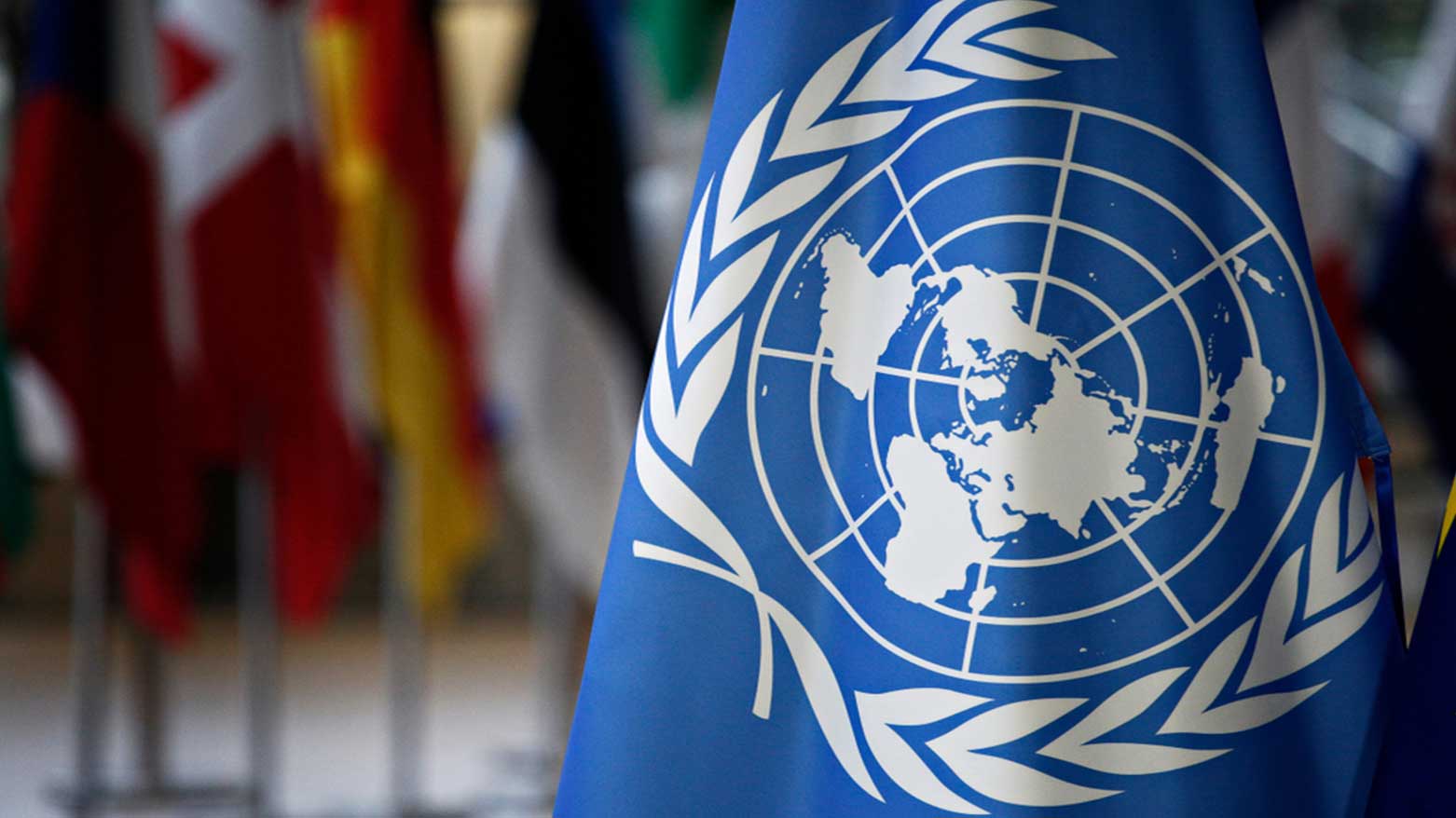UN Chief Urges Timely, Peaceful Government Formation in Iraq After High-Turnout Elections
Secretary-General Guterres congratulates Iraqis, stressing that new leadership must reflect the people’s will and aspirations for stability and development.

ERBIL (Kurdistan24) — United Nations Secretary-General António Guterres on Monday congratulated the people of Iraq and the Independent High Electoral Commission (IHEC) for successfully holding parliamentary elections, commending the overall peaceful and orderly conduct of the vote while urging political leaders to ensure a timely and peaceful government formation that embodies the will of the Iraqi people.
In a statement delivered by UN Spokesman Stéphane Dujarric, the Secretary-General emphasized that Iraq’s post-election period must prioritize national unity and stability.
“He further emphasizes the importance of a timely and peaceful government formation process that reflects the will of the Iraqi people and addresses their aspirations for stability and development,” the statement read.
The call comes as Iraq witnesses one of its most consequential elections since 2003, with voter turnout surpassing 55 percent — a sign of renewed public engagement after years of political apathy.
The vote, widely described as calm and well-administered, is expected to shape the country’s political trajectory amid ongoing economic challenges and regional tensions.
Guterres also reaffirmed the United Nations’ continued commitment to supporting Iraq in its democratic transition and long-term pursuit of peace and prosperity.
“The Secretary-General reaffirms the United Nations’ commitment to supporting Iraq on its journey toward consolidating democratic gains and fulfilling the aspirations of all Iraqis for a peaceful and prosperous future,” Dujarric added.
The Secretary-General’s remarks arrive at a critical juncture as Iraq’s political factions begin negotiations over coalition-building and power-sharing arrangements.
Prime Minister Mohammed Shia al-Sudani, who is seeking a second term, secured around 18 seats with approximately 180,000 votes — a result far below expectations for a sitting premier who has led the country for four years and commanded access to the full apparatus of state resources.
His underwhelming performance, however, could pave the way for broader and more inclusive coalition-building, giving greater opportunity for Kurds, Sunnis, and other Shiite factions to play a stronger role in shaping the next government.
The UN chief’s appeal for swift and peaceful consensus-building echoes concerns that drawn-out or contentious negotiations could undermine Iraq’s fragile stability and delay much-needed reforms.
In recent years, protracted political deadlocks have paralyzed governance and fueled public frustration across the country.
As the United Nations Assistance Mission for Iraq (UNAMI) approaches the end of its two-decade-long electoral mandate, Guterres expressed gratitude for the mission’s enduring partnership with Iraq’s electoral bodies.
“The Secretary-General also wishes to express his appreciation for the Mission’s long-standing partnership with Iraq’s electoral institutions and the conclusion of over two decades of UNAMI’s electoral assistance,” the statement noted.
UNAMI, established in 2003, has played a vital role in supporting Iraq’s electoral integrity, promoting transparency, and fostering international confidence in the country’s democratic process.
Its legacy now concludes as Iraq faces the challenge of forming a government that not only represents its diverse political landscape but also delivers on the public’s hopes for security, reform, and development.